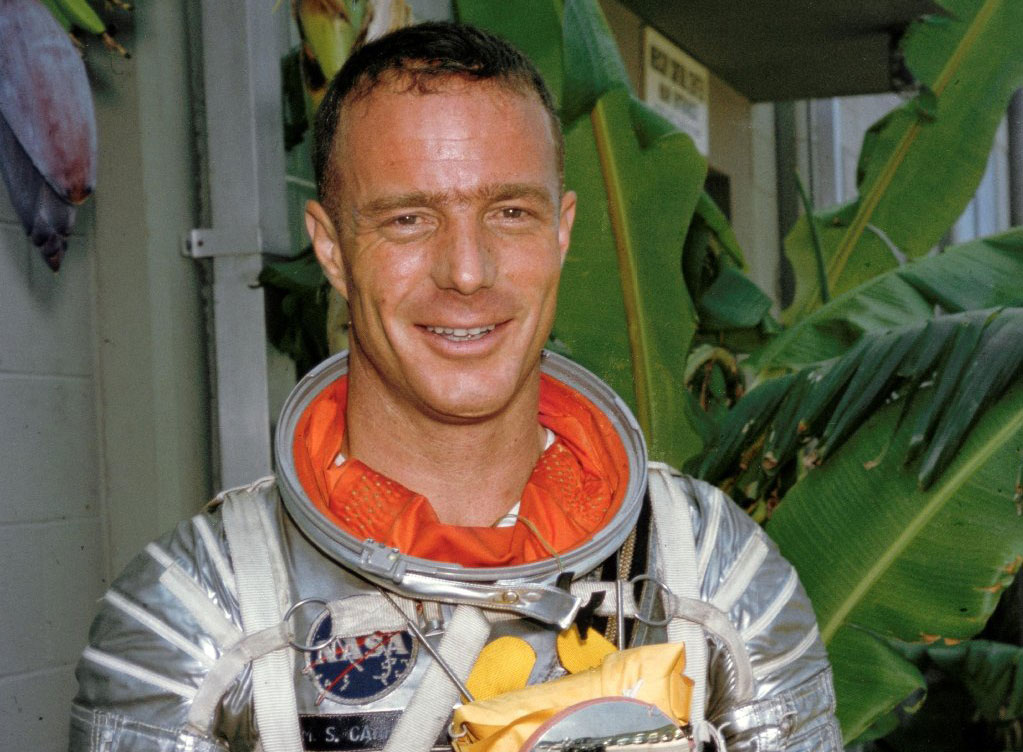TORONTO – Scott Carpenter, one of the last of NASA’s original Mercury 7 astronauts, has passed away.

His wife, Patty Barrett, says Carpenter died of complications from a stroke in a Denver hospice.
Carpenter soared to fame as one of the first astronauts of the NASA space program.
Carpenter served as a naval aviator in the United States Navy and flew anti-submarine and ship surveillance in the Korean War. After returning, he attended the Navy Test Pilot School in Maryland.
But it was on April 9, 1959, when his name went down in the annals of history as one of the first Americans to voyage to the edge of space.
Carpenter underwent intensive training at NASA, specializing in communication and navigation. He served as a backup for the first American manned space flight made by John Glenn.
Carpenter gave Glenn’s famous send-off – “Godspeed, John Glenn.”

Get breaking National news
On May 24, 1962, he became the second American to orbit Earth. His flight was a dramatic one as it experienced technical issues and his capsule landed far from the target site.
As an astronaut and aquanaut who lived underwater for the U.S. Navy, Carpenter was the first man to explore both the depths of the ocean and the heights of space.
After his flight, he continued to work with NASA and was active in the design of the Apollo Lunar Landing Module. He also helped crews train for extravehicular activity.
In 1967, he returned the Navy and helped work on the development of deep-ocean search, rescue, salvage and ocean engineering.
He retired from the Navy in 1969, but continued his work on ocean-related pursuits and even worked with Jacques Cousteau.
John Glenn, who is 92 years old, is the last remaining Mercury 7 astronaut.
–with files from The Associated Press



Comments